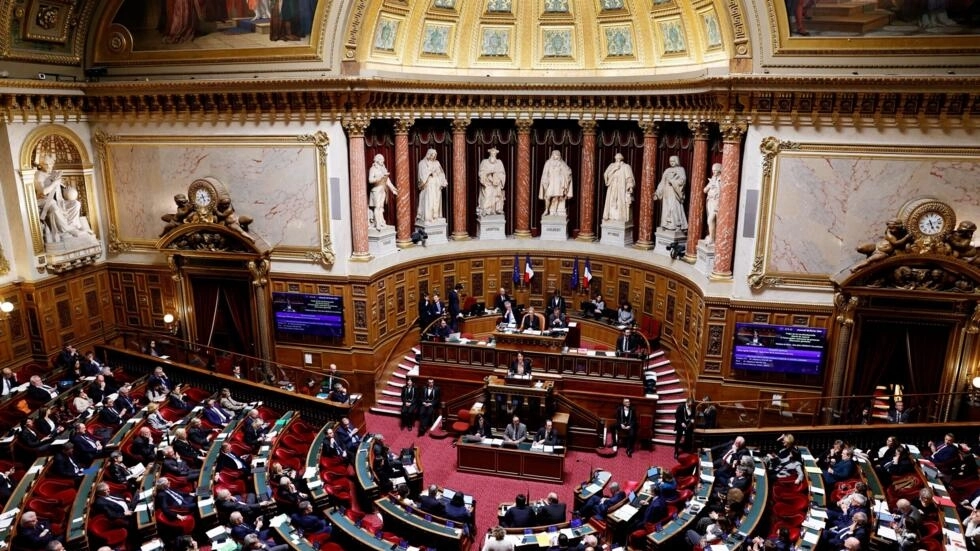Paris, March 21, 2024, The Europe Today: France’s Senate dealt a significant blow to the Comprehensive Economic and Trade Agreement (CETA) between the European Union and Canada on Thursday, as senators overwhelmingly voted against the treaty in an extraordinary display of cross-party opposition.
The rejection, orchestrated by an unusual alliance of left and right-wing opponents of French President Emmanuel Macron, underscores the deep divisions within the upper house regarding the trade deal.
Despite the CETA being provisionally in force since 2017, its full implementation hinges upon ratification by all European Union member states. While Macron and his centrist allies successfully secured approval for the deal in the National Assembly lower house in 2019, the Senate’s endorsement is essential for formal ratification.
In a highly contentious session marked by tense exchanges, senators voted 211 against and 44 for the treaty, solidifying the rejection with a subsequent vote.
The Senate’s resounding no-vote, while a setback for the government’s pro-CETA stance, does not automatically nullify the agreement. Per EU regulations, the rejection becomes effective only if formally communicated to the EU Commission, a step not anticipated by President Macron’s administration.
The government’s response to the Senate’s decision remains unclear, with options including resubmitting the treaty for debate and voting in the National Assembly. However, Macron’s government faces an uphill battle as it navigates the complex landscape of domestic and EU politics.
France’s rejection of CETA makes it the second EU member state to do so, following Cyprus. Notably, Cyprus has yet to notify the EU Commission of its decision and continues to apply the treaty pending further deliberations.
While 17 EU member states have ratified the deal, the ratification process remains ongoing in 10 countries, reflecting the contentious nature of the agreement and divergent views within the EU.
The Senate’s rejection of CETA underscores the challenges facing proponents of free trade agreements within France and across the European Union, highlighting the complexities of balancing economic interests with political considerations.


